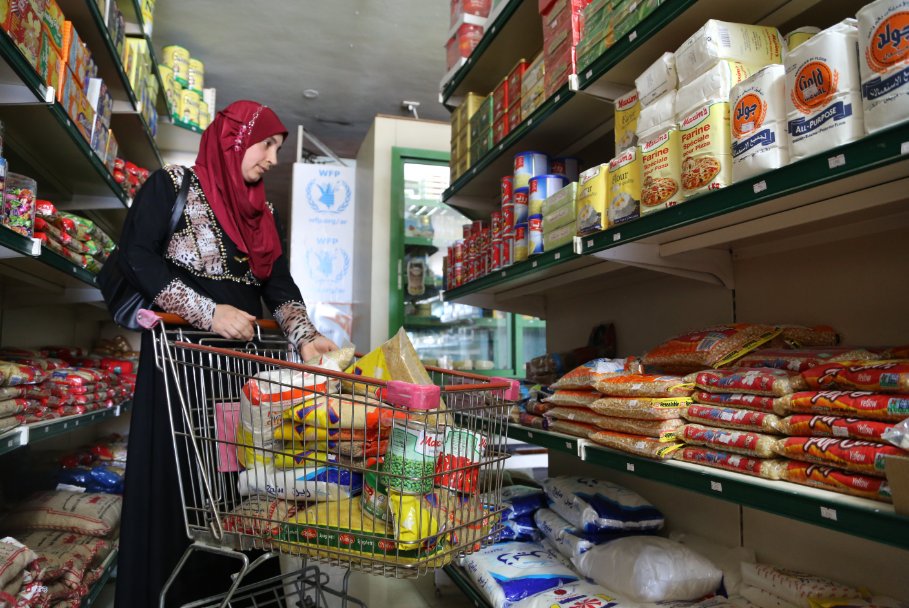The former president of the opposition Syrian National Coalition, Hadi al-Bahra, shared numbers and official statistics which indicate the “role played by Syrians in the Lebanese economy.”
Bahra said in a post on his Facebook page that, “the biggest benefits that the Lebanese state obtains comes from Syrians residing in Lebanon who are not registered by the United Nations, includes those who pay rent for houses, set up businesses, and create jobs.”
Another source of the income, according to Bahra, comes from, “the deposits of Syrian businessmen in Lebanese banks and their banking operations there … In addition to the fact that the most important source is circumventing the sanctions on the regime and importing many items and equipment to Syria through Lebanese businessmen.”
Lebanese Foreign Minister Gebran Bassil has attacked the Syrians in Lebanon in successive tweets, saying that, “A million and a half Syrian displaced, that is 200 sq km, have exhausted Lebanon’s material, with losses of up to 40 percent of its national product, and they threaten the country’s existence by tearing its social fabric apart.”
Bahra in his post pointed to a number of figures and statistics, including that, “the total paid by the World Food Program to Syrian refugees in monthly food aid in 2017 and 2018 was about 53 million dollars per year, which is disbursed through deposits on bank cards, used to buy food from the local market.”
This amount, according to Bahra, does not cover the expenses of an individual for a single week and so, “most try to find work to stave off hunger.” He said that important aid went to the Lebanese state through programs to assist projects such as securing clean drinking water for refugees and supporting the Education Ministry to accept refugee children in government schools. International funding to Lebanon in 2017, including the amounts funded by the World Food Program, was 1.68 billion dollars, according to funding data from the office of the UN resident coordinator and the humanitarian coordinator in Lebanon.
This amount includes 1.37 billion US dollars disbarred by donors in 2017 and 309.6 billion dollars carried over from 2016 by implementing partners.
Bahra added that UN agencies and non-governmental organizations had reported a total of 1.24 billion dollars received under the framework of the Lebanon Crisis Response Plan (LCRP) in 2017. This represents 45 percent of the value of the public appeal needed to meet the needs of refugees and Lebanese in need for 2017. In addition, donors reported an additional amount of about 650 million dollars allocated and committed for 2018 and beyond in Lebanon. The total GDP in Lebanon for 2017 was 53.576 billion dollars.
Notably, Syrians contributed 1.04 million dollars a day to the Lebanese economy, and 12,000 jobs were established by Syrian refugees in 2016 alone, according to statistics from the American University in Beirut.
This article was translated and edited by The Syrian Observer. Responsibility for the information and views set out in this article lies entirely with the author.


